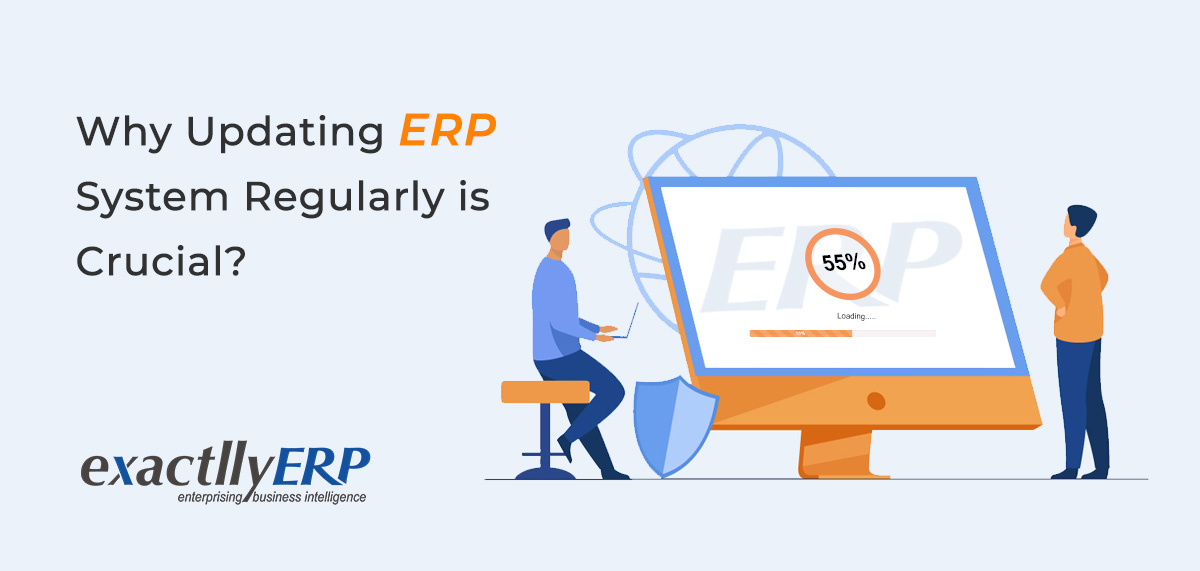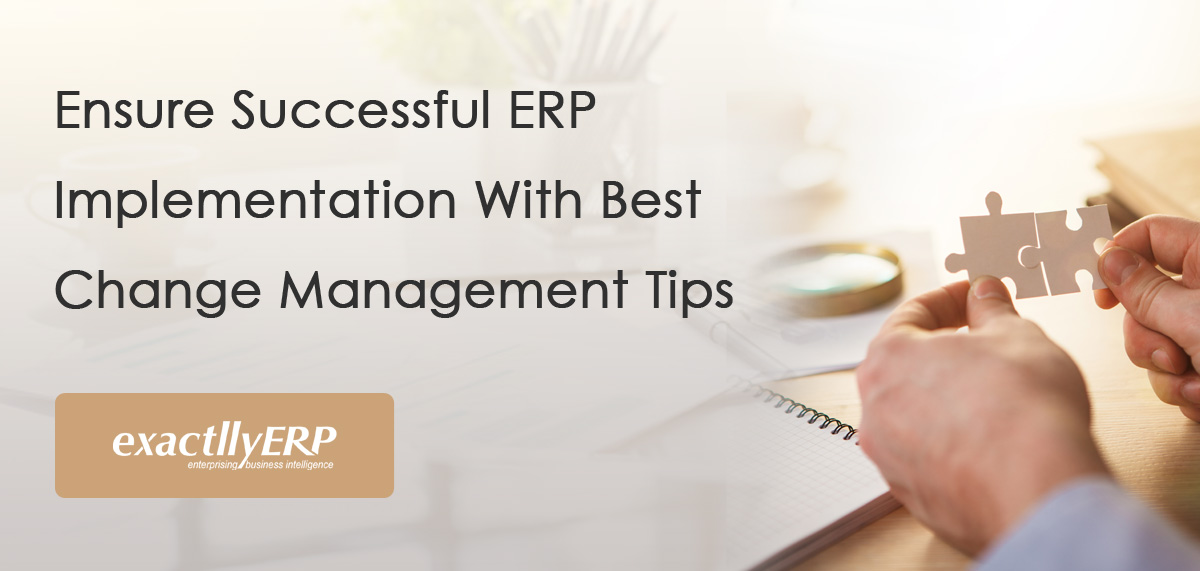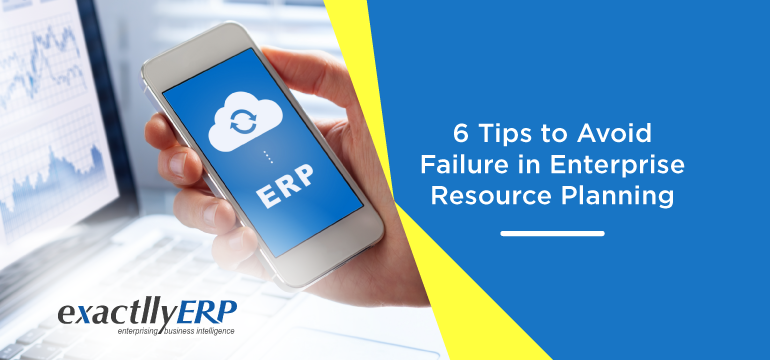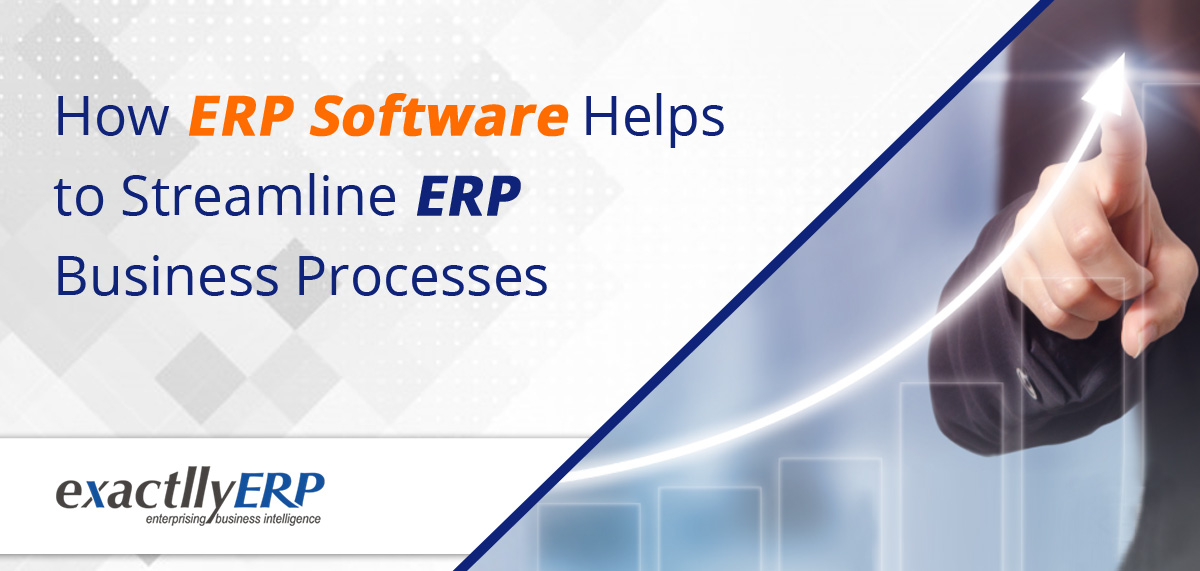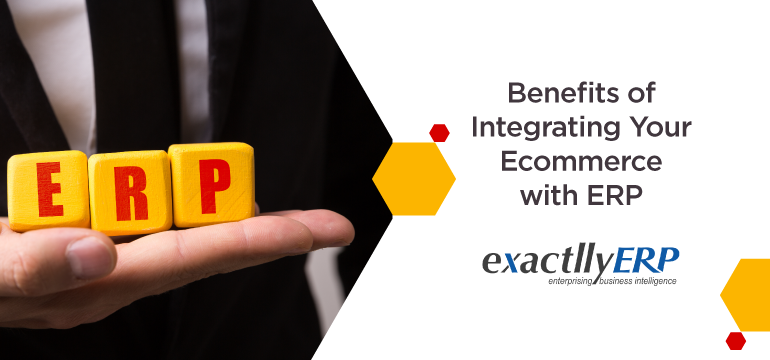How to Use Cloud ERP to Profiteer Quality Management
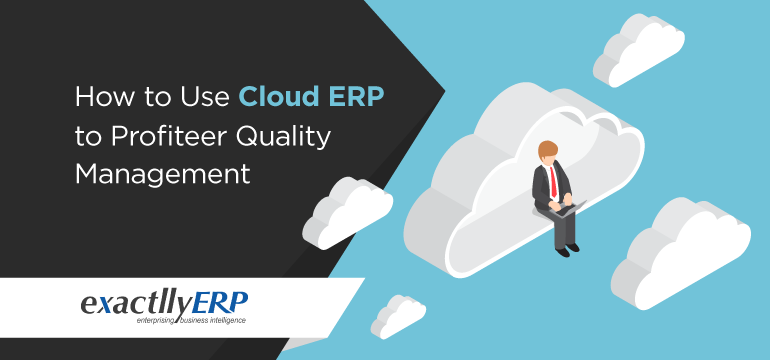
Every company must strive towards maintaining quality standards that are par excellence. This is necessary to remain in business and also to innovate and to grow further. An ERP will ensure that business processes are automated so that existing resources can be diverted towards quality management.
Here is the caveat. ERP can actually help you to engage in quality management as well, and that too in the cloud. A lot of people may have questions about this supposition but this is how amazing today’s ERP solutions are. No mater what kind of business you run, it is important to conform to global quality standards so that you meet compliance standards.
The problem is, when we engage in manual procedures to manage quality, we often make mistakes or are not able to maintain critical quality standards. Moreover, manual quality control may result in unnecessary rejections, hamper innovation and interfere with product rollouts. At the end of the day, legacy practices create problems within business processes and that is never a good thing.
Integrating Quality Management System with ERP:
A quality management system can be integrated within ERP in order to ensure that your services and products meet compliance standards regionally or globally. This will help you to automate quality checks so that you are not caught unaware when human errors take place and surprise checks are done. The QMS helps you to maintain your policies and objectives with respect to quality.
If automating your entire quality management isn’t possible, you could always take the hybrid route, which involves implementing ERP with a quality management system. When you focus on quality over everything else within your company, you will be able to get past the cost-versus-risk issue which most companies face. Integrating ERP with quality management system helps you to involve every employee in maintaining quality standards and not just the team that oversees quality management.
This is one of the hallmarks of integrating ERP with QMS as ERP systems encompass every department within an organization. This ensures that you will not have to oversee different departments to check if they are maintaining their standards and quality. ERP will take care of streamlining your quality management process across departments.
Quality Provides a Competitive Edge:
A good cloud ERP system will help companies to achieve operational control, which is often the most difficult to achieve. Moreover, an ERP with a quality management module can help you to achieve data security as well. Cloud-based solutions integrate your core business functions with quality management and that will help you to promote a culture of quality across your organization.
Quality, as you may already know, provides you with a competitive advantage. It is not only mandatory for you to maintain certain quality standards as stipulated by the government but surpassing these set standards can help you to achieve competitiveness. In fact, many companies achieve good branding because they focus more on quality than anything else.
To ensure that there is enterprise-wide quality assurance, you need to automate certain processes. Automating quality checks and quality maintenance helps you to focus more on your services and products instead of diverting all your energy on maintenance of quality.
This is a sort of paradox because we need to create resources to ensure that we enhance quality management and when we use ERP to do so, it actually frees up even more resources for you to focus on your core business functions while maintaining quality standards and giving you a competitive edge.
Some of the Actual Benefits of Integrating ERP with QMS are:
-
Standardization on Quality Management –
When you integrate ERP with your quality management system, you will be able to standardize existing workflows and business processes. This will help to drive compliance and enhance quality improvement.
When you integrate business processes with automated quality workflows, you will achieve consistency and uniformity of quality across your company. This is crucial when it comes to meeting standardization requirements. No one really wants to end up with different kinds of quality in different departments.
-
Business Intelligence-
It may surprise you but quality management will provide you with valuable business intelligence. You will know where you lack resources, what your company’s strengths and weaknesses are, how you could predict success and risks and what you need to overcome challenges.
Automation of your business processes helps you to reduce the work involved in generating these analyses. Automating quality management and integrating it with ERP allows you to gain business intelligence derived from across departments in your organization.
-
Achieve Best Practices on Quality Management –
Quality management is all about bringing best practices to your company and when they do not exist, creating them. Quality management systems provide you with insights that can help you to create best practices based on the knowledge and analyses you derive.
Uniformity of quality across departments also means that these best practices can be enforced wherever you deem them necessary. This is particularly important in companies that are still trying to gain a foothold in quality assurance and are kind of new in this area.
-
Streamlining Quality Management –
When you streamline workflows and automate business processes by integrating ERP with QMS, you will streamline quality across departments. You will be able to monitor your partners’ quality and also track your own compliance requirements. You will be able to face challenges that exist now and in the future.
Cloud-based ERP systems help you to do this anytime and anywhere, which is also why you must choose to opt for cloud-based solutions. You will be able to preserve capital and focus on streamlining business processes and thereby, quality as well.
Conclusion:
It is important to bear in mind that quality should be your focus if it already isn’t. If you have already invested in quality management systems, it is now time to focus on streamlining quality across departments.
This will require you to invest in ERP. If you already have an ERP system in place, you could speak to ERP vendors to seek advice regarding customizing your ERP to include a quality management system as well. This will ensure that quality is streamlined across business processes in your organization. exactllyERP is one of the most advanced ERPs available right now. To know more Contact Us and get a Free Demo.

